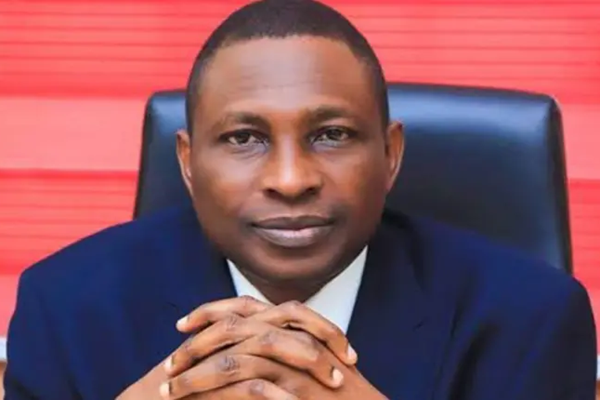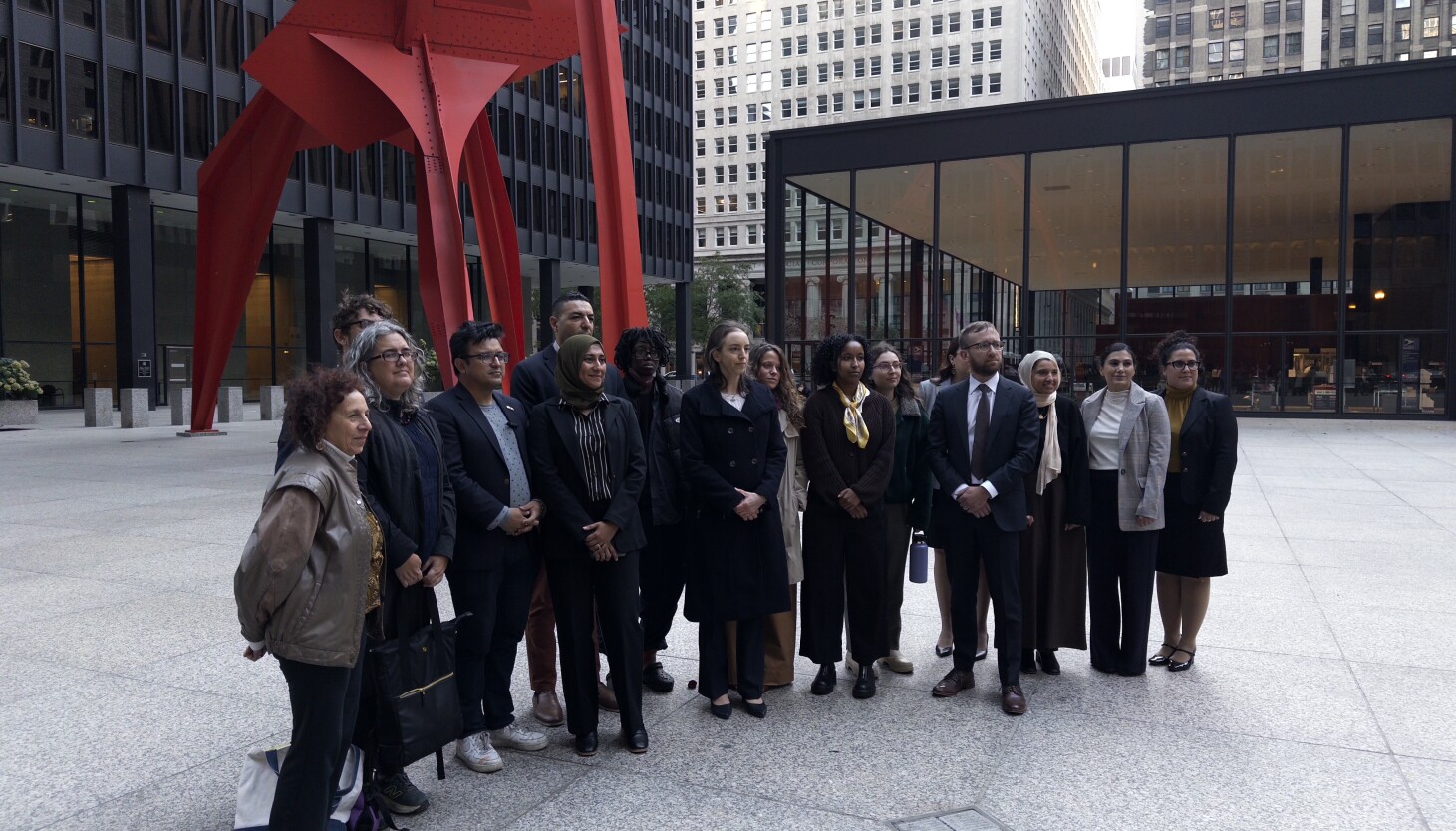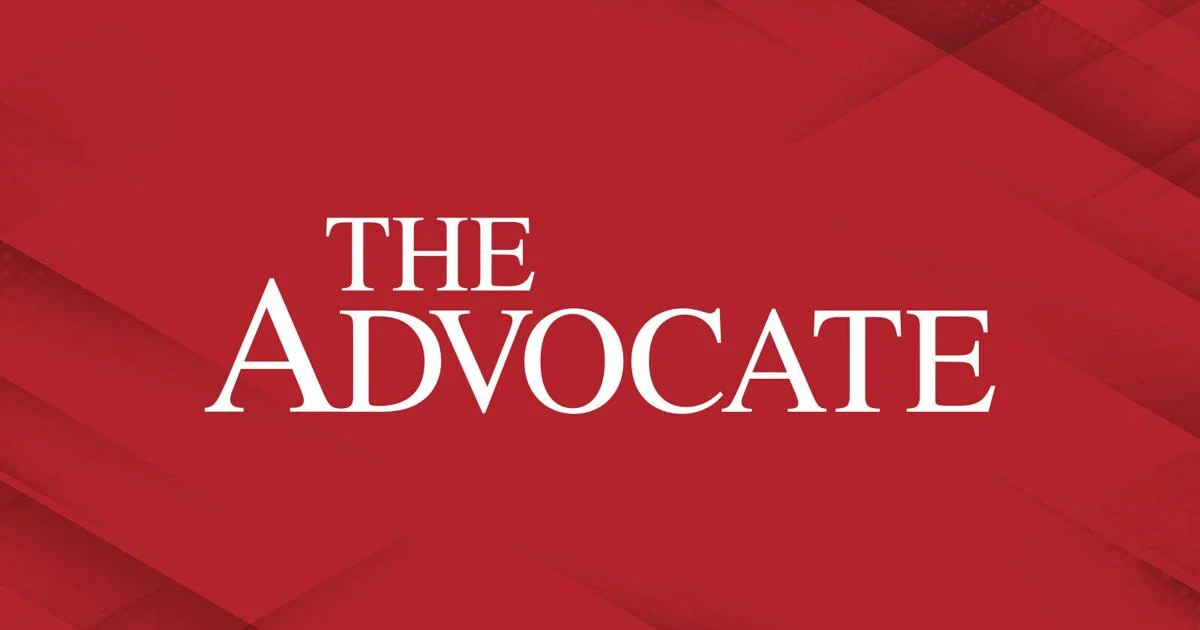Copyright thenationonlineng

Agency seeks media, CSO support The Economic and Financial Crimes Commission (EFCC) has raised fresh concerns over the growing dangers of cryptocurrency-related fraud in Nigeria. It warned that digital currencies are increasingly being exploited by criminal networks for large-scale scams, money laundering, and cybercrime. A cybersecurity expert at EFCC, Alex Ogbole, detailed the scale of the threat, citing global examples of devastating crypto scams. He spoke at a capacity-building workshop for CSOs and journalists in Lagos. Ogbole referenced the OneCoin Ponzi scheme, which allegedly cost investors over $25 billion, and U.S. data showing that crypto-linked romance scams caused losses of $139 million in 2021. He highlighted newer threats, including phishing attacks, AI-driven scams, and ransomware incidents targeting digital wallets and exchanges. He said the unregulated nature of digital assets, coupled with poor digital literacy, has made Nigeria particularly vulnerable. “Cryptocurrency’s speed, privacy, and decentralisation—its strengths—are also its biggest risks,” Ogbole warned. “Without proper education and collaboration, these same features will continue to empower fraudsters.” He called for stronger collaboration between regulators, law enforcement, technology firms, and the media to improve detection, digital literacy, and financial awareness. “Prevention and early detection remain cheaper and more effective than recovery after the fact,” Ogbole said. Acting Director of the EFCC Lagos Directorate I, Adebayo Adeniyi, who spoke on behalf of EFCC Chairman, Ola Olukoyede, said the initiative was part of the Commission’s ongoing commitment to strengthening collaboration with key stakeholders, particularly the media and civil society, in its collective fight against economic and financial crimes. Read Also: UNFPA unveils innovation in family planning He added: “We recognise that the EFCC’s mandate is both engaging and arduous. I say this because the landscape of economic crime is ever-evolving, and your duty to report and interpret these developments requires diligence and integrity. “It is in recognition of these challenges that the Commission introduced a Specialised Workshop Series on Economic and Financial Crimes Reporting for journalists in 2022. “We have now expanded this initiative to include civil society organisations, further demonstrating our belief in an inclusive and collaborative anti-corruption framework. “Lagos remains Nigeria’s commercial capital and a fertile ground for various forms of economic and financial crimes, ranging from foreign exchange scams and business email compromise to investment and property fraud. “While our enforcement activities continue to target the perpetrators of these crimes, we are increasingly concerned about the vulnerability of citizens, many of whom fall victim due to a lack of information or the allure of quick wealth. This is where your roles become even more critical. “We must work together to intensify public sensitisation. Your platforms- print, broadcast, digital, and community-based- are essential in equipping Nigerians with the knowledge to make informed decisions and avoid falling prey to scammers. “The media and CSOs must remain at the forefront of promoting a culture of integrity and accountability. “Let me be clear: the fight against economic and financial crimes is not the sole responsibility of the EFCC or other anti-corruption agencies. It is a collective national duty. “We owe it to our country and, indeed, the global community to expose and confront corrupt practices wherever they exist. “The media must continue to hold public institutions accountable, while civil society must deepen civic engagement and promote transparency at all levels.” EFCC spokesman, Dele Oyewale, reiterated that trial delays cannot solely be attributed to the commission, as it cannot determine when cases are decided. He called for the collaboration of citizens, CSOs and the media in demanding an end to corruption and calling out lapses where they see them.



